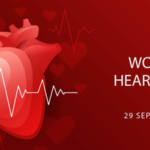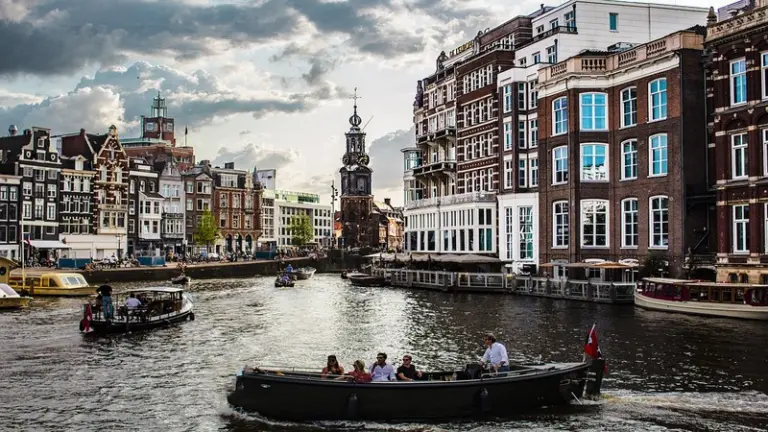Loneliness is a universal human emotion that can affect anyone at any stage of life. While occasional bouts of loneliness are a normal part of the human experience, deep loneliness refers to a persistent and profound feeling of social isolation and disconnection. It goes beyond temporary solitude and can have severe emotional, psychological, and physical consequences.
This article aims to explore the signs and indicators of deep loneliness, helping individuals recognize these symptoms in themselves and others
Prolonged Emotional Distress
One of the primary signs of deep loneliness is prolonged emotional distress. Individuals experiencing deep loneliness often feel a persistent sense of sadness, emptiness, or hopelessness. They may find it challenging to experience joy or enthusiasm for activities they once enjoyed. Feelings of loneliness can exacerbate existing emotional issues such as depression and anxiety, leading to a downward spiral of negative emotions.
Social Withdrawal
Deeply lonely individuals tend to withdraw from social interactions and isolate themselves. They may avoid social gatherings, cancel plans frequently, or decline invitations. This withdrawal is not merely a preference for solitude but a consistent pattern of avoiding connections with others. Individuals may feel a sense of discomfort or anxiety in social situations, making it difficult for them to initiate or maintain relationships.
Lack of Meaningful Relationships causes deep loneliness
A key aspect of deep loneliness is the absence of meaningful and fulfilling relationships. While a person may have acquaintances or casual friendships, they often lack deep, intimate connections. Individuals experiencing deep loneliness may feel misunderstood, unimportant, or disconnected from others. They may long for genuine emotional connections but struggle to find or nurture them.

Emotional Hunger
Deeply lonely individuals may exhibit signs of emotional hunger, seeking validation, attention, or affection from others. They may cling to any form of interaction, even if it is superficial or harmful. This emotional hunger can manifest as excessive dependence on others, people-pleasing behaviors, or developing unhealthy attachments. It stems from a deep yearning for connection and a desire to alleviate the pain of loneliness.
Preoccupation with Social Media
While social media can provide a sense of virtual connection, it can also deepen feelings of loneliness. Deeply lonely individuals may find solace in spending excessive amounts of time on social media platforms, seeking validation through likes, comments, or online interactions. However, this can perpetuate a sense of emptiness as virtual connections often fail to provide the meaningful relationships and genuine human connection they crave.

Physical Symptoms
Deep loneliness can also manifest in physical symptoms. Chronic loneliness has been associated with an increased risk of various health issues, including cardiovascular problems, weakened immune function, and sleep disturbances. Individuals experiencing deep loneliness may complain of fatigue, changes in appetite, headaches, or other stress-related physical symptoms.
Negative Self-Perception can cause deep loneliness
Deeply lonely individuals often have negative self-perceptions and low self-esteem. They may believe that they are unworthy of love, attention, or meaningful relationships. These negative self-perceptions can reinforce feelings of isolation and contribute to a self-perpetuating cycle of loneliness.
Longing for Connection
A significant sign of deep loneliness is a persistent longing for connection. Individuals may daydream about having close relationships, fantasize about social scenarios, or idealize potential friendships or romantic partnerships. This longing reflects the deep desire for meaningful human connection that remains unfulfilled.
Recognizing the signs of deep loneliness is crucial for addressing this pervasive issue. By understanding the indicators such as prolonged emotional distress, social withdrawal, lack of meaningful relationships, emotional hunger, preoccupation with social media, physical symptoms, negative self-perception, and longing for connection, individuals can seek appropriate support and take steps towards healing. It is essential to remember that deep loneliness is not a personal failing but a human experience that can be addressed through self-reflection, seeking social support, and fostering meaningful connections with others.
(Disclaimer: The information given here is based on general information. Before adopting it, definitely take medical advice. THE MONK does not confirm this.)






























